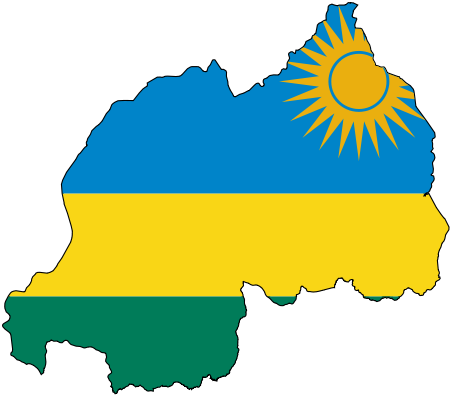Community Food Projects Competitive Grant Program
This notice identifies the objectives for Community Food Projects Competitive Grant Program (CFPCGP) projects, deadlines, funding information, eligibility criteria for projects and applicants, and application forms and associated instructions.
In FY 2024 NIFA’s CFPCGP intends to solicit applications and fund three types of grants.
The grant types are entitled (1) Training and Technical Assistance (T&TA) Projects, (2) Planning Projects (PP) and (3) Community Food Projects (CFP).
In FY 2024 NIFA’s CFPCGP intends to solicit applications and fund three types of grants.
The grant types are entitled (1) Training and Technical Assistance (T&TA) Projects, (2) Planning Projects (PP) and (3) Community Food Projects (CFP).
Agency: Department of Agriculture
Office: National Institute of Food and Agriculture
Estimated Funding: $4,800,000
Office: National Institute of Food and Agriculture
Estimated Funding: $4,800,000
Obtain Full Opportunity Text:
Community Food Projects Competitive Grant Program
Additional Information of Eligibility:
Eligibility Requirements Applicants for the CFPCGP must meet all the requirements stated in this RFA.
Failure to meet the eligibility criteria by the application deadline may result in exclusion from consideration or preclude NIFA from making an award.
For those new to Federal financial assistance, NIFA’s Grants Overview provides highly recommended information about grants and other resources to help understand the Federal awards process.
To be eligible for a grant under CFPCGP, a public food program service provider, a tribal organization, or a private nonprofit entity, including gleaners, must 1) have experience in the area of- a) community food work, particularly concerning small and medium-sized farms, including the provision of food to people in communities with low incomes and the development of new markets in communities with low incomes for agricultural producers; b) job training and business development activities for food-related activities in communities with low incomes; or c) efforts to reduce food insecurity in the community, including food distribution, improving access to services, or coordinating services and programs; 2) demonstrate competency to implement a project, provide fiscal accountability, collect data, and prepare reports and other necessary documentation; 3) demonstrate a willingness to share information with researchers, practitioners, and other interested parties; and 4) collaborate with one or more local partner organizations using one or more action steps proposed by congress to achieve a “hunger-free communities' goal.
“Private Nonprofit entities” are defined as any nongovernmental corporation, trust, association, cooperative or other organization which: (i) is operated primarily for scientific, educational, service, charitable, or similar purposes in the public interest; (ii) is not organized primarily for profit; and (iii) uses its net proceeds to maintain, improve, and/or expand its operations.
Acceptable evidence of non-profit eligibility in this program includes the following: (i) A copy of a currently valid Internal Revenue Service tax exemption certificate; (ii) A statement from a state taxing body, State Attorney General, or other appropriate state official certifying that the applicant organization has a non- profit status; (iii) A certified copy of the organization’s certificate of incorporation or similar document that clearly establishes non-profit status; or (iii) Any of the above proof for a state or national parent organization and a statement signed by the parent organization that the applicant organization is a local non-profit affiliate.
See the NIFA Policy Guide for additional information.
To demonstrate competency to implement a project and provide fiscal accountability, an applicant must assign a Fiscal Agent.
A Fiscal Agent is an organization managing financial responsibilities on behalf of the applicant.
If an institution/organization cannot accept Federal funds directly, a letter must be included in the application stating that in the event the application results in an award, the award funds must be administered through a Fiscal Agent on their behalf.
This agent must be identified in the letter from the applicant and the letter must be countersigned by an authorized representative of the fiscal agent organization.
The letter should include the Fiscal Agent’s point of contact, address, telephone number, fax number and e-mail address.
This letter is to be included as an attachment to Field 12, Other Attachments (see Part IV § B of this RFA).
In the event an application is recommended for funding, NIFA will request that both the applicant or institution/organization and the fiscal agent organization submit complete management information (see Part V § C of this RFA).
Full Opportunity Web Address:
https://www.nifa.usda.gov/grants/funding-opportunities/community-food-projects-competitive-grants-program
Contact:
Agency Email Description:
If you have any questions related to preparing application content.
Agency Email:
Date Posted:
2023-08-01
Application Due Date:
Archive Date:
2023-11-29
Social Entrepreneurship
Spotlight
Rwanda as Social Entrepreneur Fund Beneficiary

The Republic of Rwanda has been picked as one of the six African countries as beneficiaries for a new fellowship fund program designed at supporting social entrepreneurs in tackling issues on food security.

